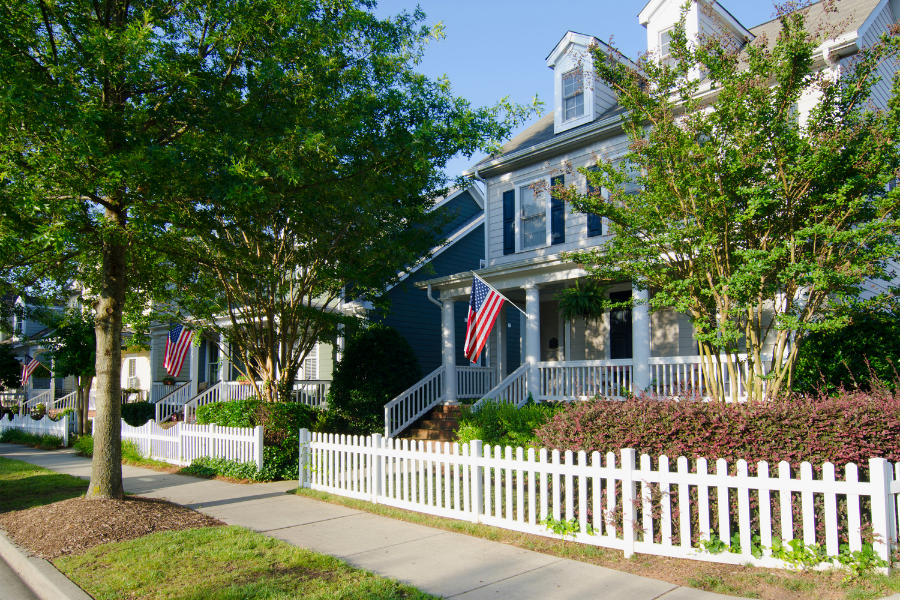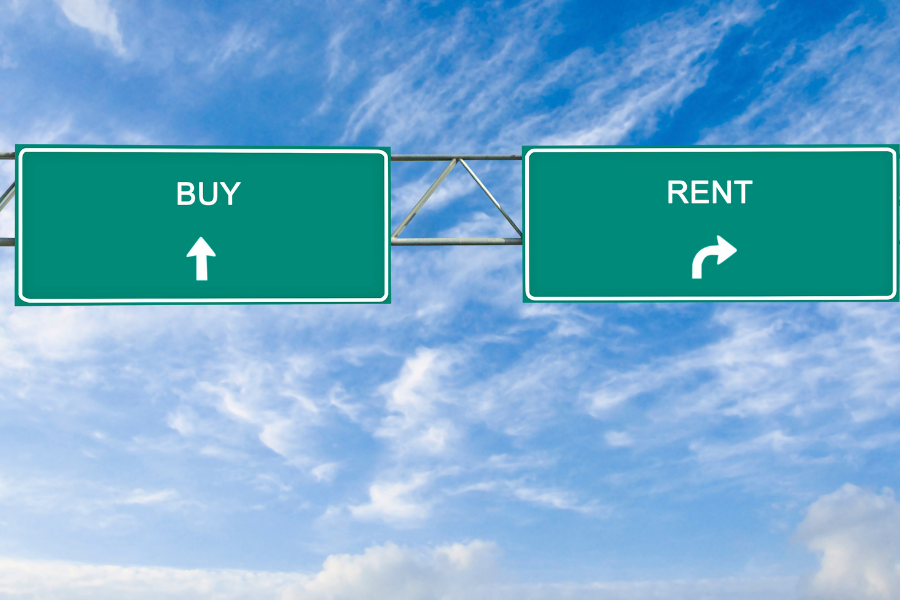 If you have equity in your home, you may wonder how you can access it. You don’t want to sell your home, but you know you’ve earned a profit from it.
If you have equity in your home, you may wonder how you can access it. You don’t want to sell your home, but you know you’ve earned a profit from it.
We have many options to secure your home’s equity, one of which is the FHA cash-out refinance. Unlike the FHA streamline refinance, you don’t have to be a current FHA borrower. As long as you meet the requirements below, you can use an FHA loan to cash into your home’s equity.
Qualifying for the FHA Cash-Out Refinance
Like an FHA purchase loan, the FHA cash-out refinance has simple requirements:
- Minimum 600 credit score
- Maximum 43% debt-to-income ratio
- Proof you’ll occupy the property as your primary residence
- Stable income and employment for 2 years
- Over 20% home equity
- Make at least 12 months of timely payments on your current loan
How Much Can You Borrow?
The FHA cash-out refinance allows you to tap into your home’s equity, but you must leave 20% untouched.
Here’s an example:
Your home is worth $300,000 and your current mortgage is $150,000. With a new FHA cash-out refinance, you can borrow up to $240,000, but first, you must deduct the amount of your outstanding mortgage.
This leaves you with $90,000 in equity.
$300,000 x.8 = $240,000
$240,000 – $150,000 = $90,000
If you can afford the payment without going over the 43% debt-to-income ratio requirement, you could take out $90,000 from your home’s equity, leaving $60,000 untouched.
How to Use an FHA Cash-Out Refinance
The nice thing about the FHA cash-out refinance is you don’t have to justify how you’re using the funds. You earned the equity and it’s your right to withdraw it, but here are a few common uses:
- Home renovations, repairs, or additions
- Debt consolidation
- Pay for college or prepay for a college education
- Consolidate a first and second mortgage
- Save as an emergency fund
How to get an FHA Cash-Out Refinance
Securing an FHA cash-out refinance is simple using these steps:
- Complete an application and get pre-approved by a lender, compare your options and see if you qualify for any other cash-out loan including a conventional cash-out refinance
- Decide which loan you want, including if you want a fixed-rate or ARM
- Provide the documentation required including paystubs, W-2s, tax returns, asset statements, and proof of employment
- Arrange an appraisal time with the appraiser (you’ll need a new appraisal)
- Work with the loan officer to clear your conditions
- Close on the loan and receive your cash
Bottom Line
If you’re thinking about tapping into your home’s equity, an FHA cash-out refinance can be a great option, especially if you have less-than-perfect credit. FHA loans have flexible guidelines and allow borrowers to get the money they need to complete their life goals.
You’ve worked hard to earn your home’s equity. If you need it for other purposes, let us help you access it. We’ll discuss your options, go over the costs, and make sure it’s the right option for you!

 There are a few parts of American culture that people believe define this country. One element is the dream of homeownership. There is a strong belief that people need a place to call home. Therefore, since the dawn of this country, the government has tried to incentivize people to purchase a home.
There are a few parts of American culture that people believe define this country. One element is the dream of homeownership. There is a strong belief that people need a place to call home. Therefore, since the dawn of this country, the government has tried to incentivize people to purchase a home.  There are many people who are looking at the housing market wondering if now is the time to make the jump from renting to owning. At the same time, is it more affordable to rent a home? Or, is it a smarter move to buy a home? Even though many people like the comfort of renting because it is someone else’s problem if something goes wrong, waiting too long to purchase a home could be costly. Here are a few of the most important points you need to keep in mind when it comes to renting versus buying a home.
There are many people who are looking at the housing market wondering if now is the time to make the jump from renting to owning. At the same time, is it more affordable to rent a home? Or, is it a smarter move to buy a home? Even though many people like the comfort of renting because it is someone else’s problem if something goes wrong, waiting too long to purchase a home could be costly. Here are a few of the most important points you need to keep in mind when it comes to renting versus buying a home.